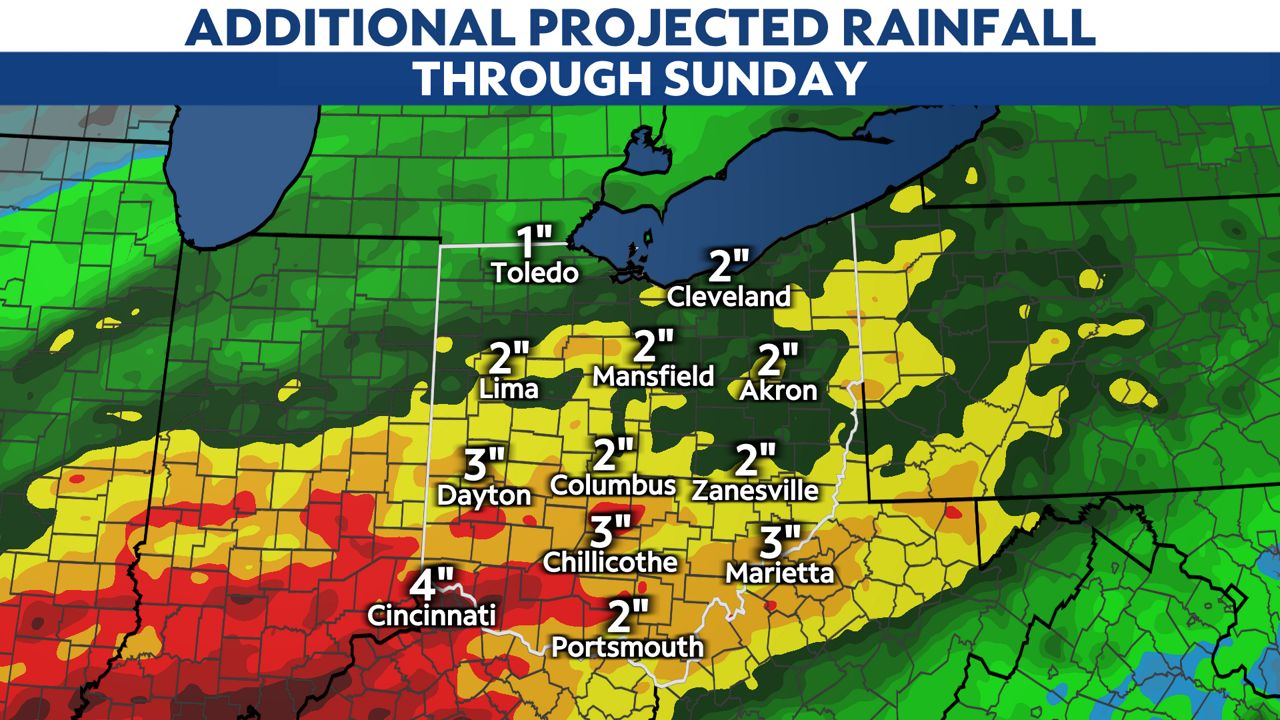CLEVELAND — Cities in Ohio can regulate tobacco products in their municipalities again, for now, after a Franklin county judge issued a temporary restraining order on a state law that prohibits local governments from restricting tobacco sales last week.
The CDC estimates 11% of Americans smoke nationally, but Cleveland has one of the highest rates of smokers in the country at 35%.
Smoking is the city’s leading cause of death, according to the city’s director of public health, Dr. Dave Margolius.
“For the past year, we’ve been doing hundreds of community events, speaking to people all over the city with billboards and commercials and advertising the quit line to help people quit,” Margolius said. “But it’s really hard to quit when it’s always in your face. There are over 600 tobacco retailers in the city of Cleveland selling all these flavored products, and so, we need to make it easier for people to quit when they want to quit, and that’s what this policy would do.”
In Feb. 2023, Mayor Justin Bibb introduced legislation that would ban menthol and flavored tobacco products in the city.
That legislation sat stagnant until a state law, passed in January of this year, banned cities from restricting tobacco sales altogether.
Several cities, including Cleveland, sued the state over this legislation and last week, a judge issued a temporary restraining order on enforcing the law.
Now, Margolius is pushing to get the ordinance passed before the restraining order ends on May 17th.
He said the judge anticipates the ruling will be upheld, but there’s a chance the state law could come back in place after that.
Margolius said it’s important to recognize the way the tobacco industry has targeted the Black community.
A 2022 report from the CDC found, “tobacco companies have aggressively marketed menthol cigarettes to African American people since at least the 1950s and continue to do so today.”
“They came to places like Cleveland and gave out free menthol cigarettes and Black neighborhoods to addict new customers,” he said. “So, we’re feeling the consequences of that today, where people in Black neighborhoods in Cleveland die 20 years before their peers in the suburbs. And the number one cause of that is smoking.”
At the city level, there has been some opposition to a flavored tobacco ban in Cleveland from convenience stores owners who fear their sales would take a hit if the ordinance passes.
The ordinance’s next step in Cleveland is to go up for discussion in the Health, Human Services and Arts committee — if its chair decides to bring the legislation forward.
Margolius said in other cities that have enacted similar legislation and store owners have been able to adjust.
There are 13 other cities in the lawsuit against the state, including Columbus.
City leaders there enacted a flavored tobacco ban at the start of this year, which has so far been able to continue because of the judge’s order.










